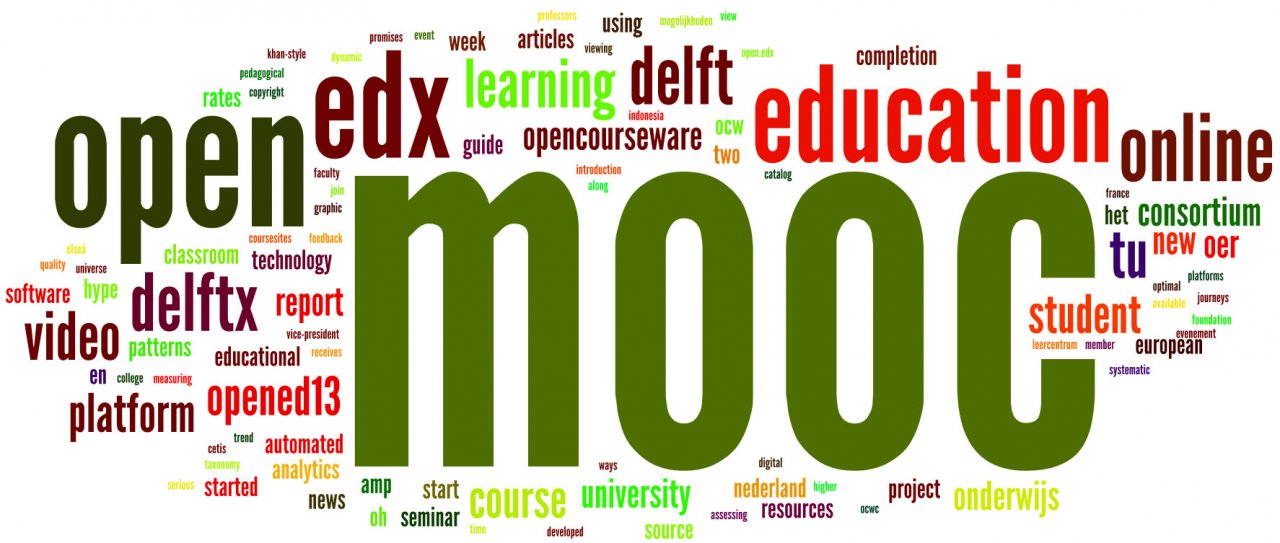This week the yearly world economic forum in Davos is taking place. One of the announcement is the launch of Forum Academy. They do this in a partnership with EdX and will use the Open.EdX platform:
Davos, Switzerland, 22 January 2014 – The World Economic Forum today launched Forum Academy, an online learning platform, in partnership with edX, a non-profit initiative created by founding partners Harvard University and MIT for online education. Forum Academy will provide continuous leadership development and updating, offering courses for professionals and organizations to enhance their strategic knowledge in a fast-changing world.
Forum Academy will:
- catalyse an online global learning environment for continuous and certified professional development
- create a world-class curriculum, providing cutting-edge global, regional and sectorial knowledge
- establish a network of academic and other members to develop standards, best practices and joint certification models
As rapid technological, economic and social changes affect the context of professional work, there is a pressing need for insights into the latest developments and best practices on relevant topics. Forum Academy will help to address this need for yearly certified updates on the latest professional developments, leveraging the Forum’s worldwide multistakeholder network of the best and most relevant knowledge providers. The professional leadership courses will focus on specific global issues and industries. It will also focus on regional developments and provide updates related to professional and technological issues.
This is another interesting platform that is using Open.EdX. I think it is a very good development that more organisations are using the platform. This will improve the platform and strengthen the EdX Consortium.
 A small but import step for Delft University of Technology. Today we
A small but import step for Delft University of Technology. Today we 

